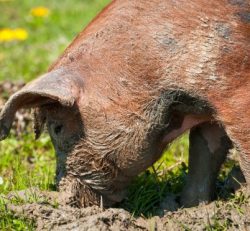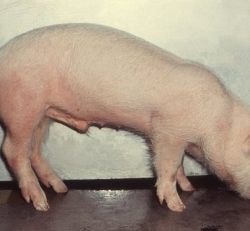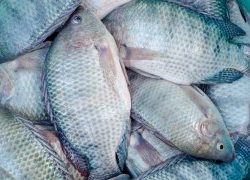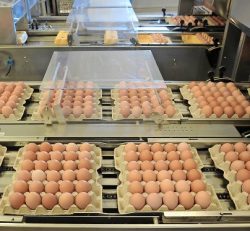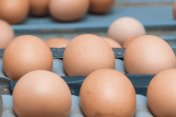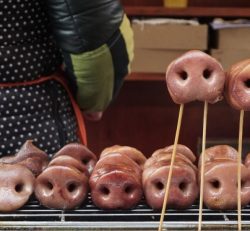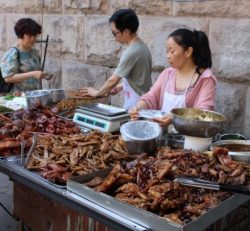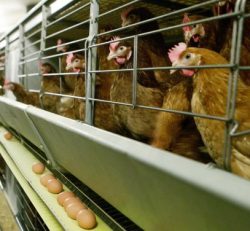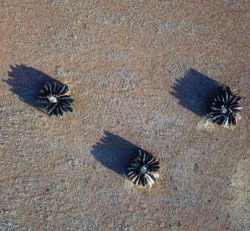FEWER EGGS IN SUMMER? BETAINE CAN HELP
In most parts of the world, summer has started and in other parts of the world, temperatures are at a constant high. For livestock animals, this can result in heat stress. For laying hens, heat stress has an effect on the epithelial cells in the intestine, which lead to a reduced defence for outside bacteria and pathogens. This in turn can lead to decreased laying performance and egg quality.
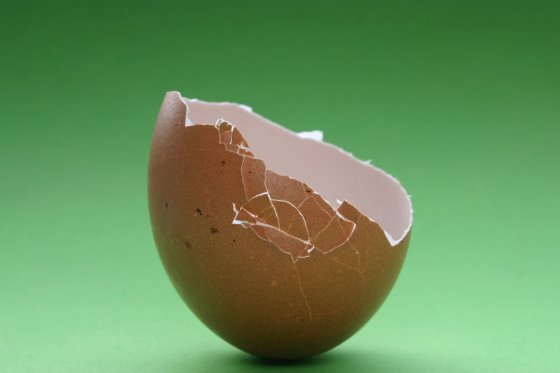
Nutritional strategies
Some nutritional strategies have been found to be beneficial in reducing the negative effects of heat stress. One of them is betaine. Betaine, the tri-methyl derivative of the amino acid glycine, is a naturally occurring compound that is widely distributed in many plant and animal tissues. This benefit may result from the positive effect of dietary betaine on the intestinal barrier function in poultry. In a new study, published in the journal Livestock Science, a group of Korean researchers looked at supplementation of betaine in the diet of laying hens, raised under hot environmental conditions to see if this really improves egg production.
Different levels of betaine tested
To find out, a total of 216 laying hens of 32 weeks of age were allotted to 1 of 3 dietary treatments with 6 replicates and 12 hens per replicate in a completely randomised design. A commercial-type basal diet was prepared, and 3.0 or 6.0 g/kg of betaine was supplemented to the basal diet. Diets were fed to hens for 6 weeks. Hens were raised during the hot season (the end of July to the middle of September), and the average daily room temperature and relative humidity were 25.8 ± 2.0 °C and 74.8 ± 7.3%, respectively.
Effects of dietary supplementation of betaine on productiveperformance and egg quality in laying hens raised under hotenvironmental conditions.

More eggs and fewer cracked eggs per hen
Results indicated that hen-day egg production was increased as inclusion amounts of betaine in diets were increased. Increasing inclusion amounts of betaine in diets decreased the number of broken eggs and shell-less eggs. Egg quality was not influenced by dietary treatments, except for a quadratic increase in eggshell strength by increasing inclusion amounts of betaine in diets.
Effect on jejunal mucosa
The researchers conclude that dietary supplementation of betaine improves laying when the animals are raised under hot environmental conditions. These beneficial effects may be associated with selective modification of tight junction-related gene expressions in the jejunal mucosa of laying hens. The results were inconsistent with previous studies done with betaine in laying hens.
Source: Livestock Science
Emmy Koeleman
Editor: All About Feed & Dairy Global
Source: www.allaboutfeed.net


